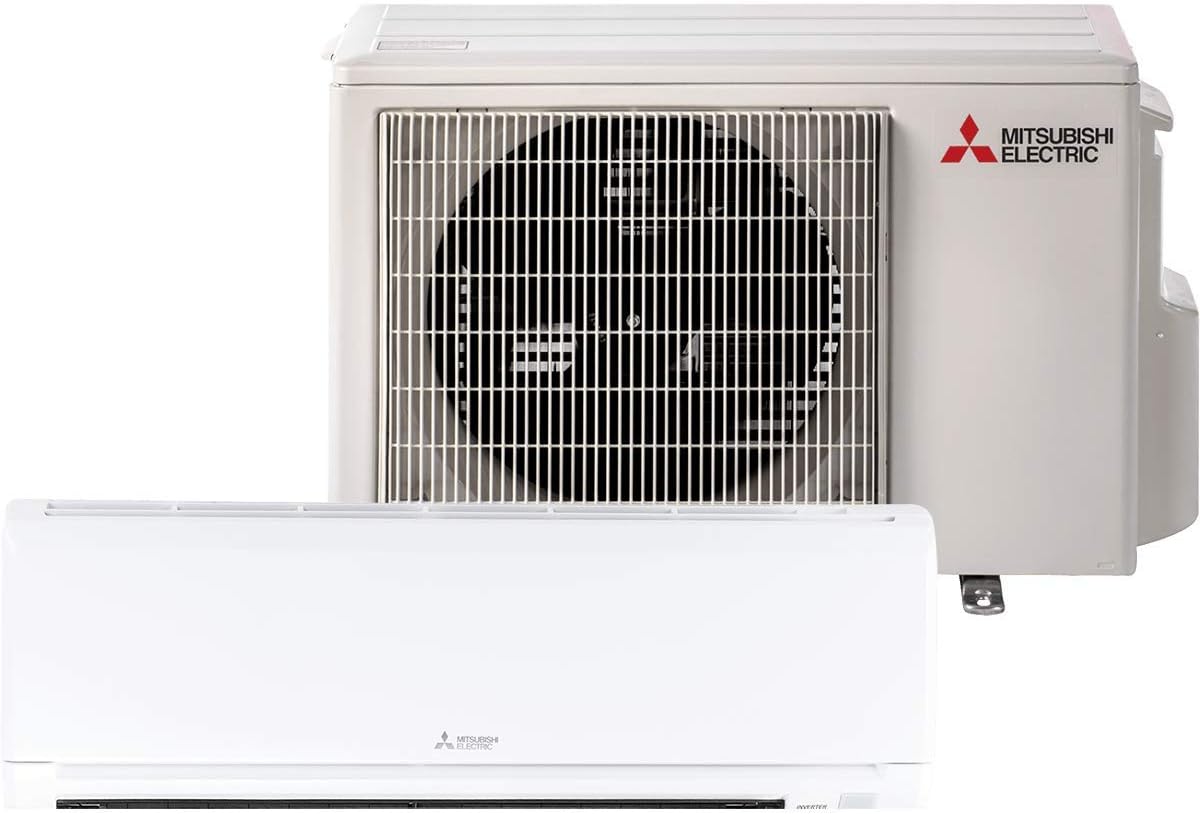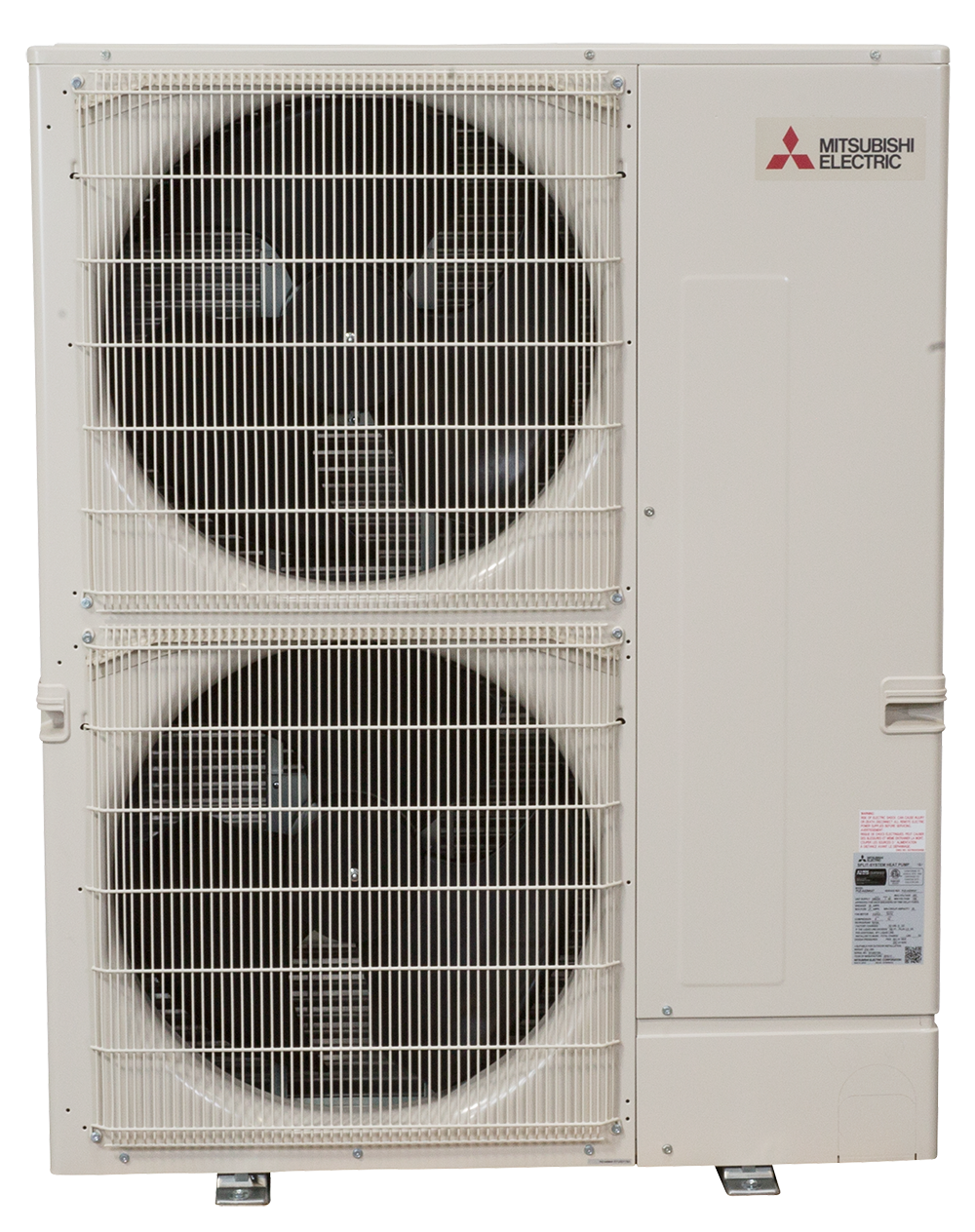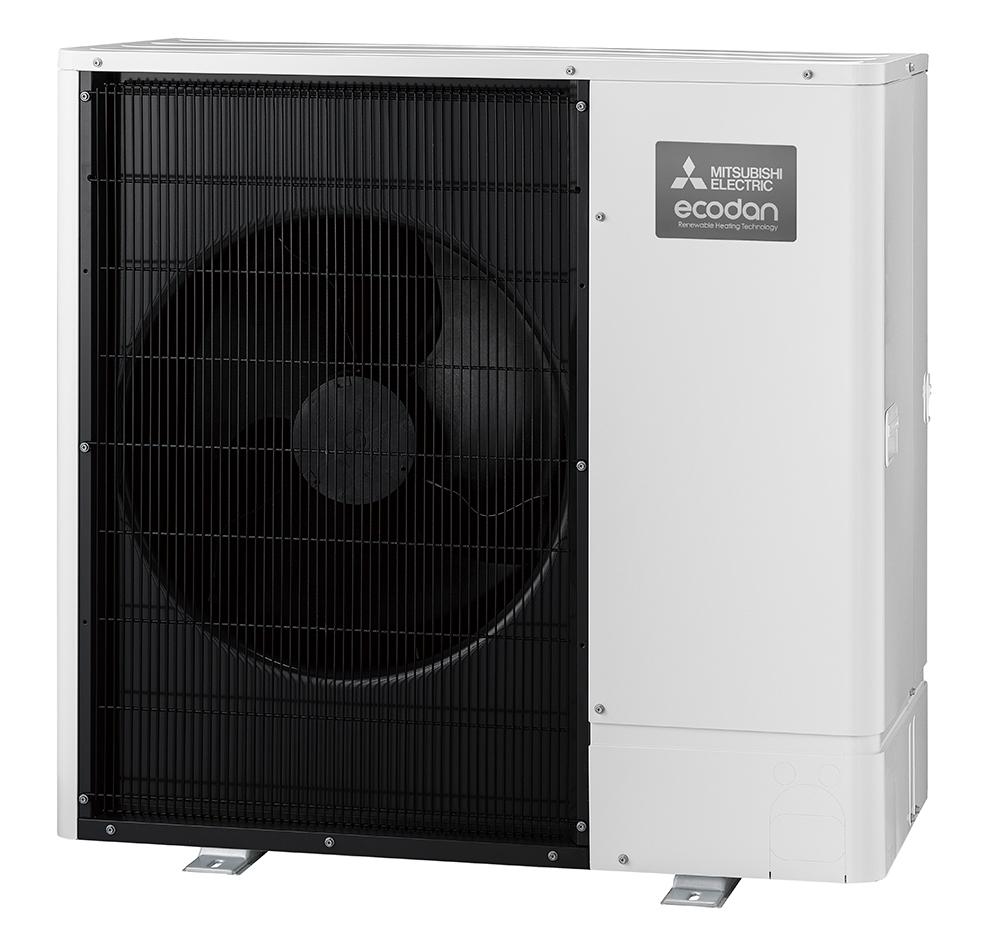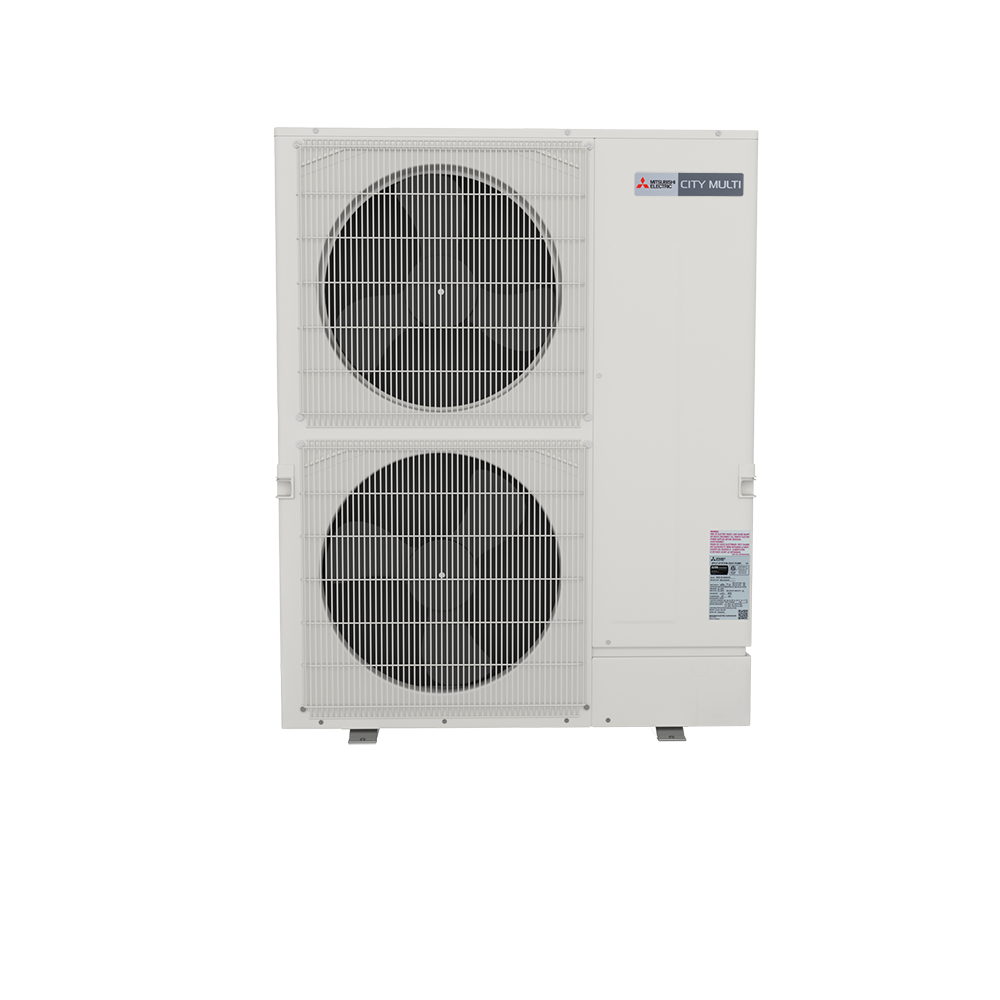Contents
- 1 Ultimate Mitsubishi Heat Pumps Guide: Explore Models, Features & Benefits
- 1.1 Mitsubishi Heat Pumps: A Comprehensive Guide to the Range and Features
- 1.2 Mitsubishi Heat Pump Comparison
- 1.2.1 Feature
- 1.2.2 Mitsubishi M-Series
- 1.2.3 Mitsubishi P-Series
- 1.2.4 Mitsubishi Ecodan
- 1.2.5 Mitsubishi CITY MULTI
- 1.2.6 Suitable For
- 1.2.7 Energy Efficiency (SEER/HSPF/COP)
- 1.2.8 Installation Flexibility
- 1.2.9 Zone Control Options
- 1.2.10 Advanced Filtration
- 1.2.11 Remote Operation
- 1.2.12 Weather Compensation Technology
- 1.2.13 Integration with Domestic Hot Water
- 1.2.14 Noise Levels (dB)
- 1.2.15 Professional Installation Required
- 1.3 Mitsubishi Electric M-Series Heat Pumps
- 1.4 Mitsubishi Electric P-Series Heat Pumps
- 1.5 Mitsubishi Electric Ecodan Heat Pumps
- 1.6 Mitsubishi Electric CITY MULTI Heat Pumps
- 1.7 Conclusion
Ultimate Mitsubishi Heat Pumps Guide: Explore Models, Features & Benefits
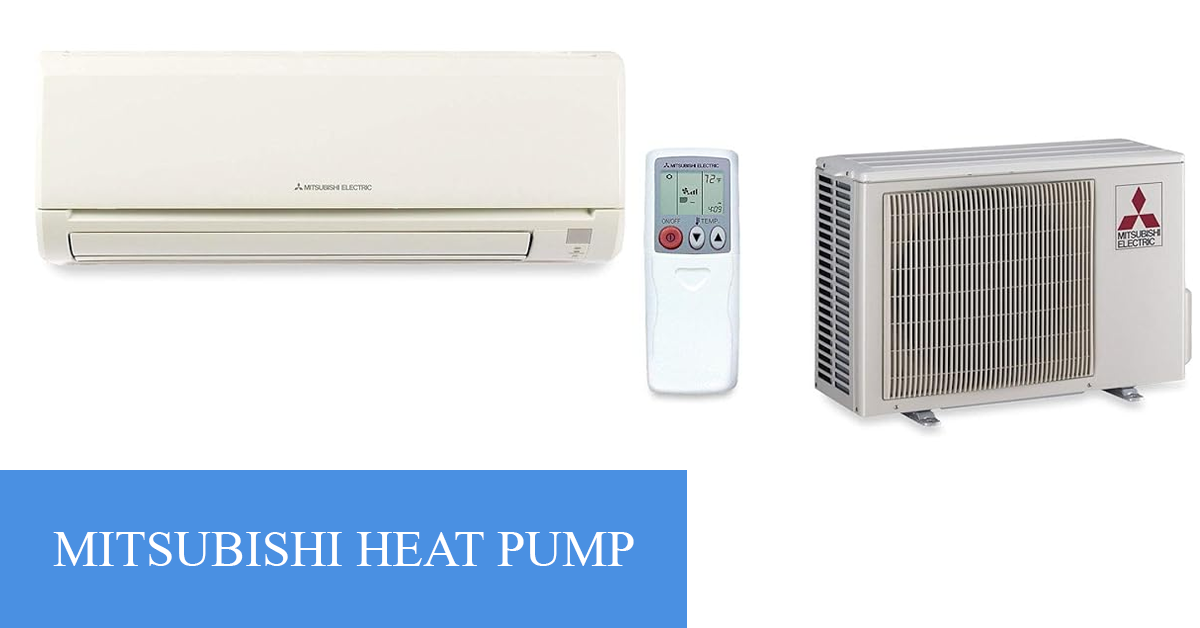
Mitsubishi Heat Pumps: A Comprehensive Guide to the Range and Features
When it comes to heating and cooling solutions, Mitsubishi Electric is a name synonymous with innovation and quality. Mitsubishi’s range of heat pumps offers a wide array of options to meet various heating and cooling needs. In this comprehensive guide, we will explore the different types of Mitsubishi heat pumps, delve into their features, and provide a detailed comparison of each model to help you make an informed decision.
Introduction to Mitsubishi Heat Pumps
Mitsubishi Electric is renowned worldwide for its cutting-edge technology and unwavering commitment to sustainability, making it a top choice when searching for the best heat pump. Their heat pumps live up to this reputation, providing efficient and dependable solutions for residential and commercial spaces alike. To delve into the world of the best heat pump options, let’s start by exploring the range of Mitsubishi heat pump models:
Mitsubishi Heat Pump Comparison
To provide a detailed comparison of Mitsubishi’s heat pump models, let’s break down their key features and specifications in a table:
Feature |
Mitsubishi M-Series |
Mitsubishi P-Series |
Mitsubishi Ecodan |
Mitsubishi CITY MULTI |
Suitable For |
Residential | Commercial | Residential | Commercial/Residential |
Energy Efficiency (SEER/HSPF/COP) |
18-33 / 8-14 / Varies | 15-19 / Varies | Up to 4.0 / Varies | Varies |
Installation Flexibility |
Multiple indoor unit styles | Scalable systems | Air-to-Water, Ground-Source | lScalabe systems |
Zone Control Options |
Yes | Yes | Yes | Yes |
Advanced Filtration |
No | Yes | No | Yes |
Remote Operation |
Optional Wi-Fi control | Optional | Remote control options | Centralized control |
Weather Compensation Technology |
Yes | No | Yes | Yes |
Integration with Domestic Hot Water |
No | No | Yes | Yes |
Noise Levels (dB) |
Low | Low | Low | Varies |
Professional Installation Required |
Yes | Yes | Yes | Yes |
Mitsubishi Electric M-Series Heat Pumps
-
Features:
- High energy efficiency with SEER ratings ranging from 18 to 33.
- Quiet operation with advanced noise reduction technology.
- Precision temperature control with INVERTER-driven compressors.
- Hyper-Heating INVERTER technology for efficient heating in cold climates.
- Multiple indoor unit styles, including wall-mounted, floor-standing, and ceiling-recessed options.
- Optional Wi-Fi control for remote operation.
Pros
Cons
-
- Excellent energy efficiency, reducing long-term operational costs.
- Flexible installation options to suit various room sizes and layouts.
- Ideal for year-round comfort with both heating and cooling capabilities.
- Whisper-quiet operation ensures minimal disruption.
-
- Initial purchase cost may be higher compared to standard heating solutions.
- Requires professional heat pump installation.
Mitsubishi Electric P-Series Heat Pumps
Features:
-
-
-
- Robust and durable design suitable for commercial applications.
- High efficiency with SEER ratings ranging from 15 to 19.
- Enhanced air filtration and indoor air quality features.
- Zone control options for customizing comfort in different areas.
- Scalable systems for larger spaces.
-
-
Pros
Cons
-
- Designed for commercial use, making it suitable for businesses and large spaces.
- Advanced air filtration improves indoor air quality.
- Zone control allows for personalized comfort settings.
- Energy-efficient operation lowers operational costs.
-
- May not be necessary for small residential spaces.
- Installation costs can be higher for larger systems.
Mitsubishi Electric Ecodan Heat Pumps
Features:
-
- Specifically designed for residential heating.
- Air-to-water and ground-source options for versatile installation.
- High energy efficiency with COP (Coefficient of Performance) values of up to 4.0.
- Weather compensation technology for precise temperature control.
- Integration with domestic hot water systems.
Pros
Cons
- Efficient and eco-friendly heating solution.
- Versatile installation options to suit different properties.
- Reduces heating costs and carbon emissions.
- Suitable for various climate conditions.
- Initial installation costs may be higher, especially for ground-source systems.
- Requires professional installation and maintenance.
Mitsubishi Electric CITY MULTI Heat Pumps
Features:
-
- Advanced VRF (Variable Refrigerant Flow) technology for efficient zoning.
- Scalable systems for commercial and large residential applications.
- High SEER and HSPF ratings for energy efficiency.
- Flexible indoor unit options, including ducted, cassette, and floor-mounted units.
- Centralized control for managing multiple zones.
Pros
Cons
- Excellent zoning capabilities for customized comfort and energy savings.
- Suitable for both residential and commercial use.
- Energy-efficient operation reduces operational costs.
- Centralized control simplifies management.
- Complex systems may require professional installation and maintenance.
- Initial costs can be high for large-scale installations.
Conclusion
Mitsubishi’s Heat Pump system is a versatile solution for both residential and commercial heating and cooling requirements. With a focus on energy efficiency, Mitsubishi Electric offers a comprehensive range of heat pump models, each equipped with unique features to cater to diverse needs. These systems are designed to provide optimal comfort while ensuring cost-effective operation. When considering a Mitsubishi Heat Pump, it’s essential to understand how to use a heat pump system effectively, taking into account factors such as installation requirements and the specific features of each model. Professional consultation with an HVAC technician is recommended to ensure proper installation, maximizing the longevity and performance of your selected Mitsubishi Heat Pump.
What is a heat pump? A heat pump is a device that efficiently regulates temperature by transferring heat between indoor and outdoor environments. Mitsubishi Electric’s Heat Pump line exemplifies this technology, offering cutting-edge solutions for various heating and cooling needs. The appearance of a heat pump can vary, but Mitsubishi’s designs are known for their sleek and modern aesthetic. Talking about the question, how much does a heat pump cost? While the initial cost of a heat pump is a consideration, the long-term benefits, such as energy savings and environmental impact, make it a worthwhile investment. If we talk about what does a heat pump looks like? Mitsubishi stands out as one of the best heat pump brands, providing reliable and efficient systems for both residential and commercial spaces.
When contemplating the installation of a Mitsubishi Heat Pump, understanding the associated costs is crucial. Mitsubishi Electric offers transparent pricing for their heat pump models, considering factors such as capacity and features. To make an informed decision, it’s recommended to compare the costs against the specific benefits each model provides. Additionally, the installation process plays a vital role in the performance of the system. Opting for professional installation ensures that the heat pump operates at its maximum efficiency, delivering the desired heating and cooling effects. As one of the leading brands, Mitsubishi Electric emphasizes the importance of proper installation to enhance the overall functionality and longevity of their heat pump systems.

